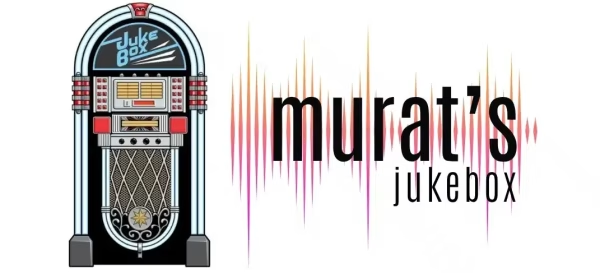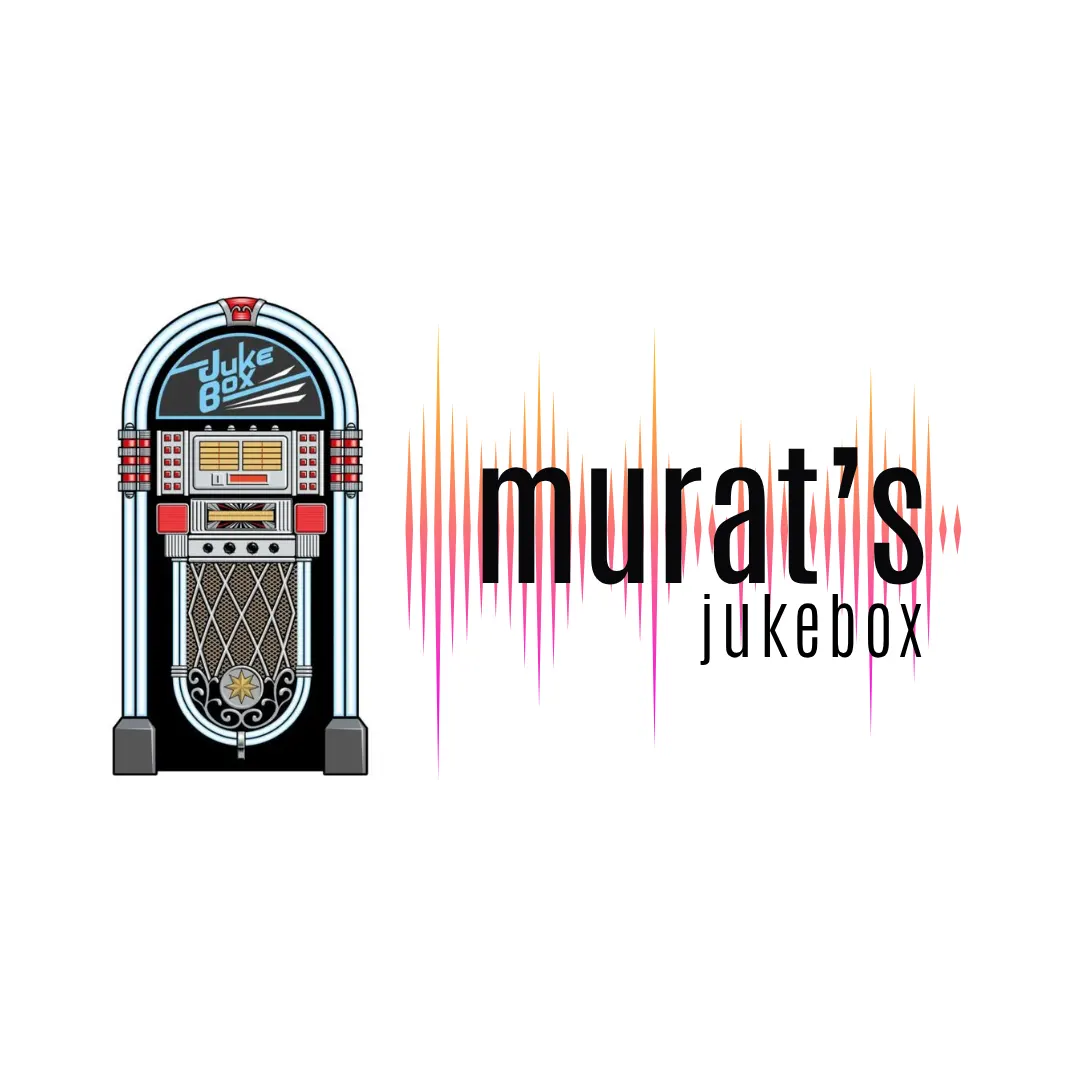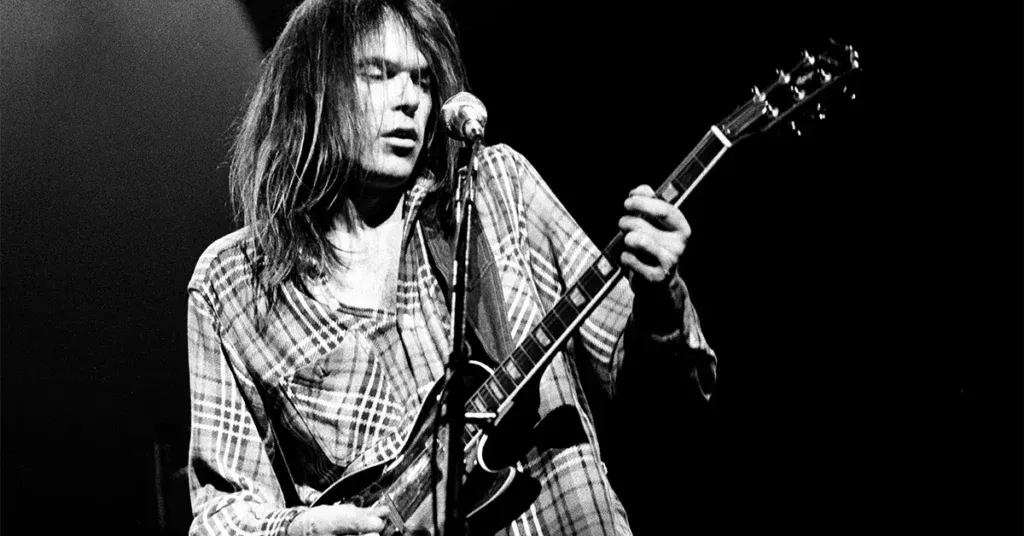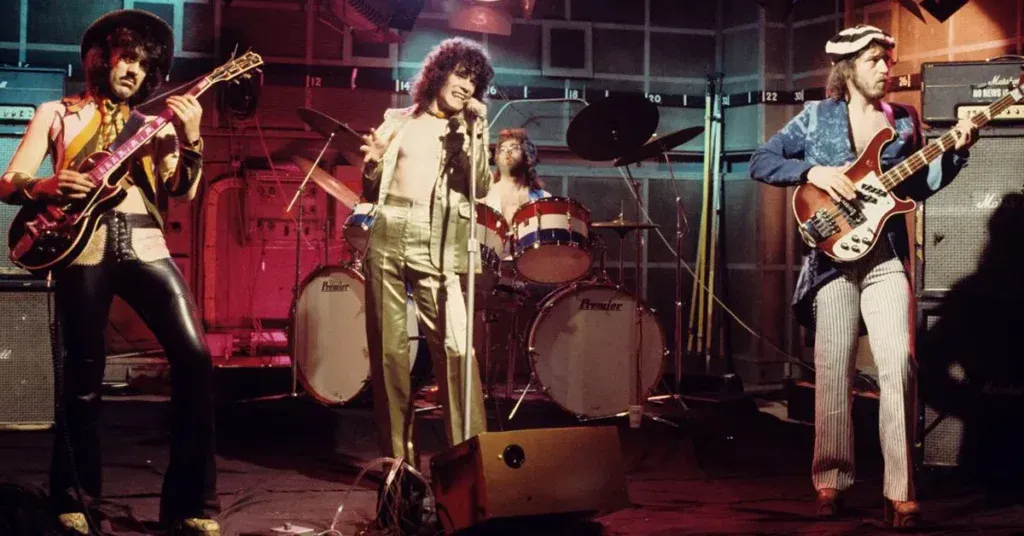The National: Melancholy, Mastery, and Modern Alternative Rock
The National. Introduction
Since their formation in the late 1990s, The National have crafted a unique musical identity rooted in melancholy, introspection, and sonic sophistication. With Matt Berninger’s baritone vocals, cryptic yet emotionally raw lyrics, and the band’s lush, often orchestral arrangements, The National have become one of the most acclaimed alternative rock acts of the 21st century. Blending indie rock aesthetics with artful songwriting and emotional honesty, the band has carved out a space that is as intellectually stimulating as it is emotionally resonant.
The National. Formation and Early Years
The National was formed in Cincinnati, Ohio, in 1999, but their rise to prominence began after relocating to Brooklyn, New York. The band comprises five core members: vocalist Matt Berninger, twin brothers Aaron and Bryce Dessner (guitars and multi-instrumental duties), and Scott and Bryan Devendorf (bass and drums, respectively).
Before The National, the members worked day jobs — Berninger in advertising and the others in various creative and academic pursuits. The band was a side project at first, shaped by mutual admiration for Leonard Cohen, Nick Cave, and Joy Division. These influences, paired with their own sensibilities, laid the groundwork for The National’s unique sound: moody, literary, and understated.
Debut and Sad Songs for Dirty Lovers (2001–2003)
Their self-titled debut album was released in 2001 via Brassland Records, a label co-founded by Aaron Dessner. The album was modest in its ambitions — raw and lo-fi compared to their later work — but introduced Berninger’s introspective lyricism and their signature brooding atmosphere.
Their second album, “Sad Songs for Dirty Lovers” (2003), marked a significant step forward. Produced by Peter Katis, who would become a longtime collaborator, the album brought more polish and emotional intensity. Tracks like “Murder Me Rachael” and “Cardinal Song” hinted at the dynamic interplay of vulnerability and grandeur that would later define their sound.
Alligator (2005): The Breakthrough
It was with “Alligator” (2005) that The National began to reach a wider audience. The album struck a powerful balance between restraint and urgency, blending driving rhythms with poetic, cryptic lyrics. Berninger’s writing became sharper and more evocative, painting scenes of urban ennui, interpersonal anxiety, and existential doubt.
“Alligator” featured standout tracks such as “Mr. November,” a fiery anthem that became a fan favorite and political statement, and “Secret Meeting,” which established their signature style: subdued instrumentation building to intense emotional crescendos.
Critically acclaimed and supported by extensive touring, Alligator marked the band’s transition from underground cult act to indie mainstay.
Boxer (2007): Masterpiece of Subtlety
The release of “Boxer” (2007) elevated The National to the forefront of indie rock. The album’s opener, “Fake Empire,” juxtaposed political disillusionment with hypnotic piano and horn arrangements. Bryce Dessner’s classical training began to shine through, contributing to the album’s intricate textures.
“Boxer” is often considered the band’s definitive statement, with critics praising its restraint, elegance, and emotional power. Songs like “Slow Show” and “Start a War” exemplify the band’s use of space, mood, and nuance to maximum effect.
Beyond the music, Boxer established The National as artists capable of marrying highbrow aesthetics with genuine emotional depth — a rare feat in contemporary music.
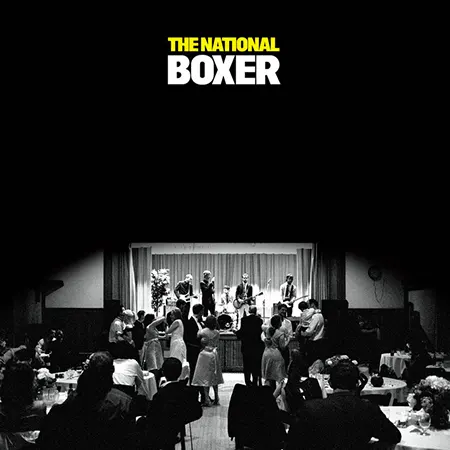
High Violet (2010): Expanding the Sound
With the release of “High Violet” (2010), The National took their artistry to a new level. The album was both grander and more emotionally resonant than its predecessors. Recorded partly in Aaron Dessner’s garage studio, it featured lush arrangements, somber themes, and meticulous production.
The lead single, “Bloodbuzz Ohio,” became an anthem of dislocation and longing. “Terrible Love,” “England,” and “Vanderlyle Crybaby Geeks” showcased the band’s expanded use of orchestration and subtle dynamics.
The album was a commercial and critical success, debuting at No. 3 on the Billboard 200 and appearing on numerous “Best of the Year” lists. It confirmed The National’s arrival as a major force in alternative music.
Trouble Will Find Me (2013): Poetic Refinement
Three years later, “Trouble Will Find Me” deepened the band’s introspective style. The album featured contributions from Sufjan Stevens, Sharon Van Etten, and St. Vincent, among others, highlighting their growing influence within the indie and art rock community.
Berninger’s lyrics were more personal and meditative, grappling with aging, anxiety, and love with elegant despair. “I Need My Girl,” “Don’t Swallow the Cap,” and “Graceless” are standouts — emotionally layered and sonically rich.
Though not as groundbreaking as Boxer or High Violet, Trouble Will Find Me solidified the band’s signature sound and displayed their consistency in emotional storytelling.
Sleep Well Beast (2017): Experimentation and Grammy Win
In 2017, The National released “Sleep Well Beast,” their most experimental album to date. Infused with electronic textures, digital effects, and looser song structures, the record was a bold evolution for the band.
Thematically, it explored political unease and marital discord. “The System Only Dreams in Total Darkness” and “Day I Die” were among the most energetic tracks in their catalog, while “Guilty Party” and “Carin at the Liquor Store” offered intimate ballads.
The album won Best Alternative Music Album at the 2018 Grammy Awards, a crowning achievement that recognized their longevity and creative risk-taking.
I Am Easy to Find (2019): Collaborative Expansion
“I Am Easy to Find,” released in 2019, was a unique and ambitious project. The album accompanied a short film by director Mike Mills and featured numerous female vocalists, including Gail Ann Dorsey and Lisa Hannigan, singing in duet with or in place of Berninger.
With 16 tracks, it’s the band’s most expansive work — less cohesive, perhaps, but filled with lyrical and musical gems. “Light Years,” “Oblivions,” and “Rylan” display the band’s continuing ambition to transcend traditional rock structures.
First Two Pages of Frankenstein and Laugh Track (2023)
After a brief hiatus and Berninger’s struggle with depression, The National returned with two albums in 2023: First Two Pages of Frankenstein and Laugh Track. The first explored themes of isolation and healing, featuring collaborations with Taylor Swift, Phoebe Bridgers, and Sufjan Stevens.
Laugh Track, surprise-released later the same year, was more spontaneous and upbeat, with songs like “Alphabet City” and “Deep End” showcasing the band’s ability to adapt and evolve. Together, the albums reflected both personal and artistic growth, reinforcing their place in the contemporary musical canon.
The National. Style and Lyrical Themes
The National’s sound is marked by slow-burning compositions, baritone vocals, and introspective lyrics. While early work leaned on traditional rock instrumentation, their later albums incorporated orchestral arrangements, electronic flourishes, and multi-layered production.
Lyrically, Berninger’s writing is impressionistic, filled with ambiguity, dark humor, and poetic fragments. He frequently tackles themes of alienation, marital strain, political fatigue, and emotional paralysis, yet always with a thread of human vulnerability.
The National. Legacy and Influence
Over more than two decades, The National have cultivated a devoted fan base and earned the respect of critics and peers alike. Their influence extends to a generation of indie and alternative acts, including bands like Daughter, The Antlers, and Big Thief.
In an era dominated by immediacy, The National’s commitment to slow, thoughtful, emotionally resonant art has made them stand apart. They have successfully bridged the worlds of rock, classical, and experimental music, all while maintaining their emotional core.
Whether playing sold-out arenas or curating festivals, The National have maintained artistic integrity, evolving without ever compromising their voice.
